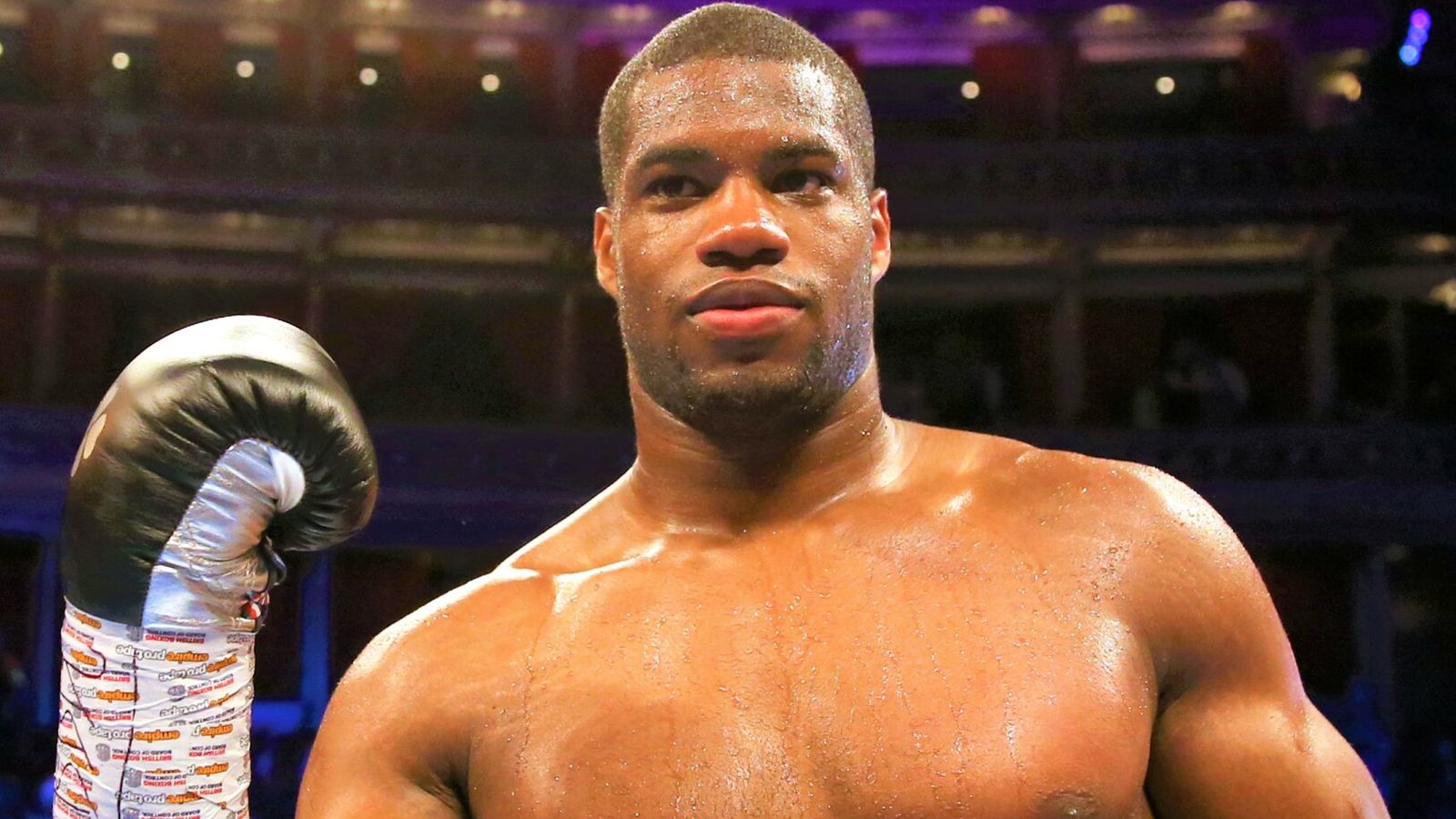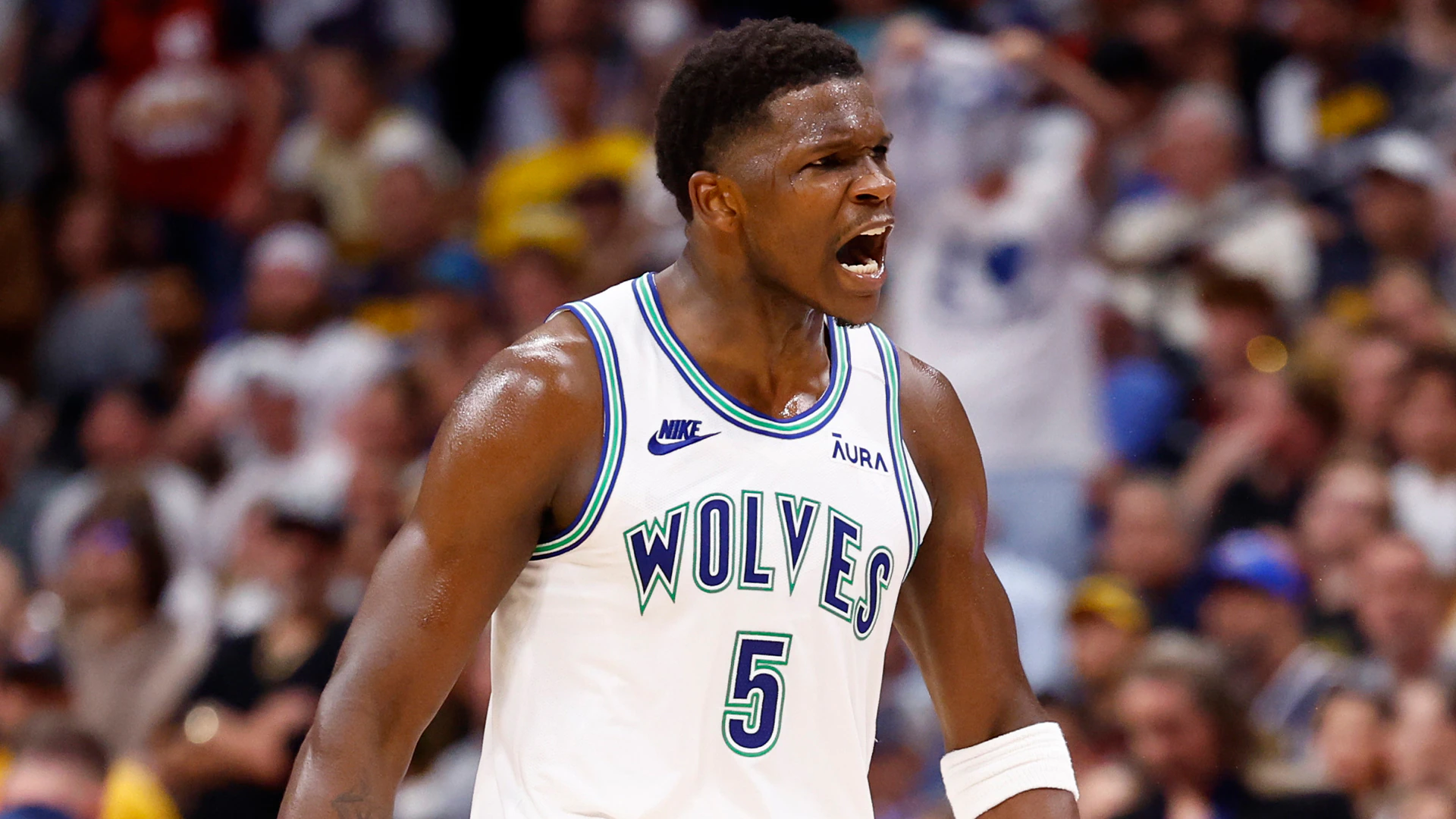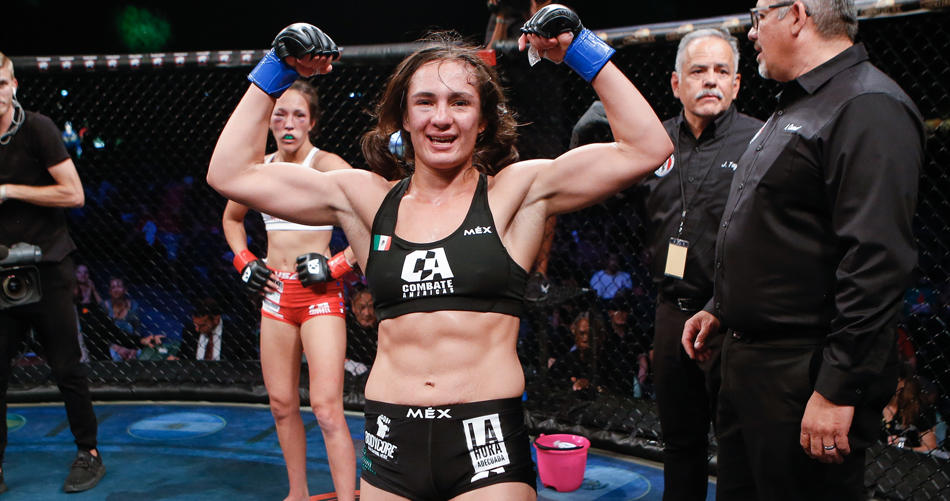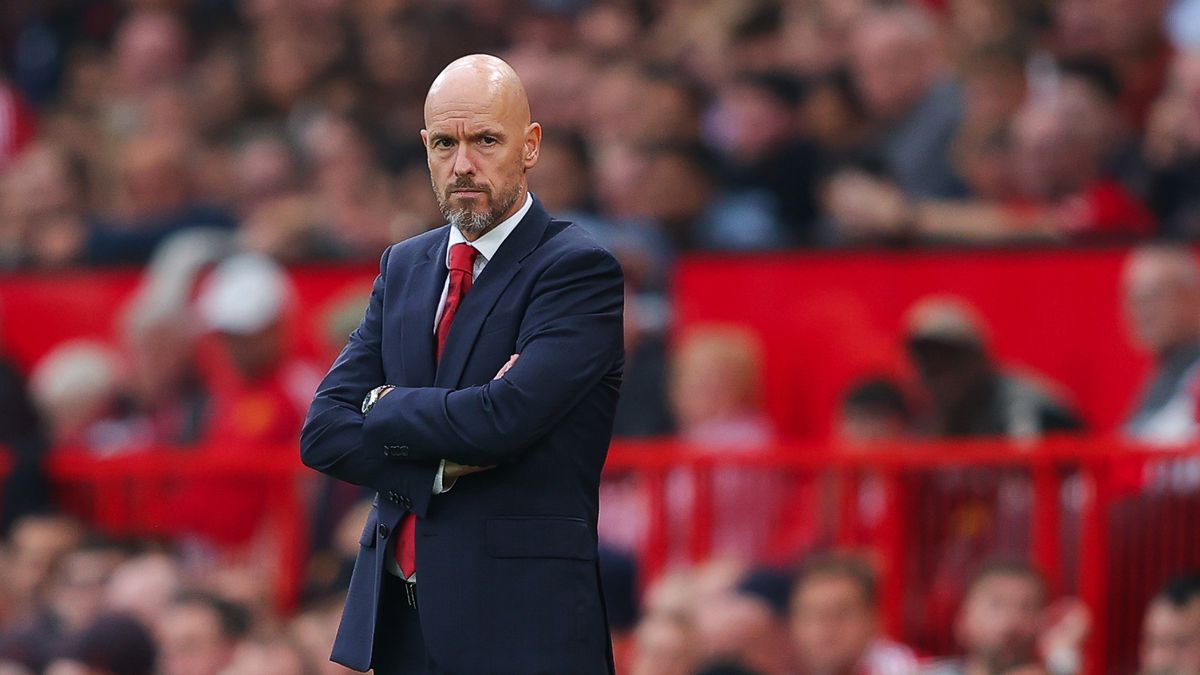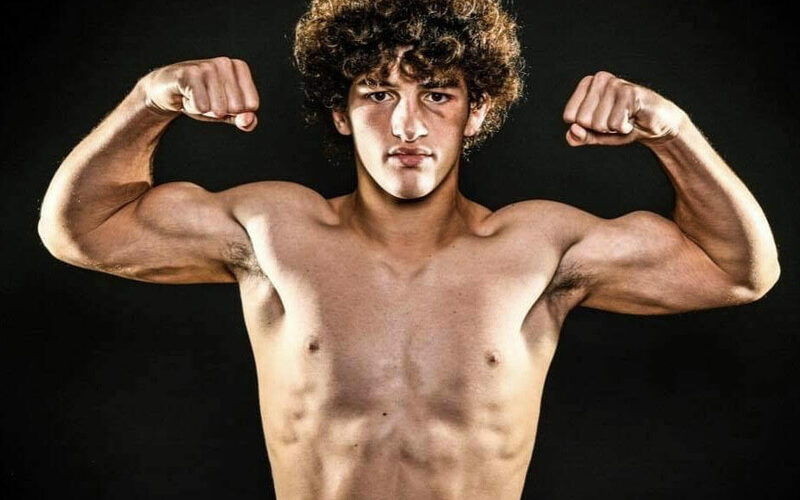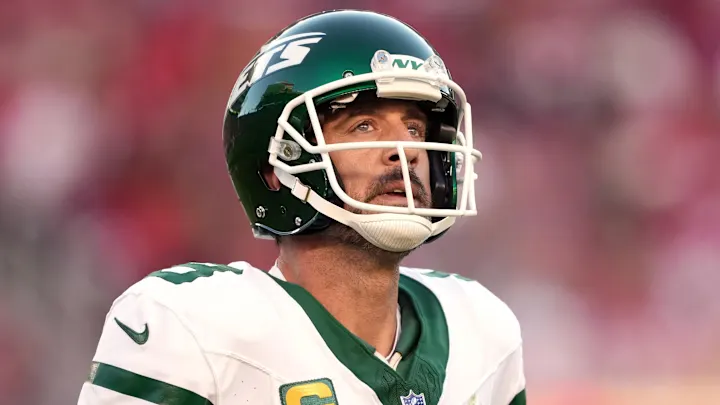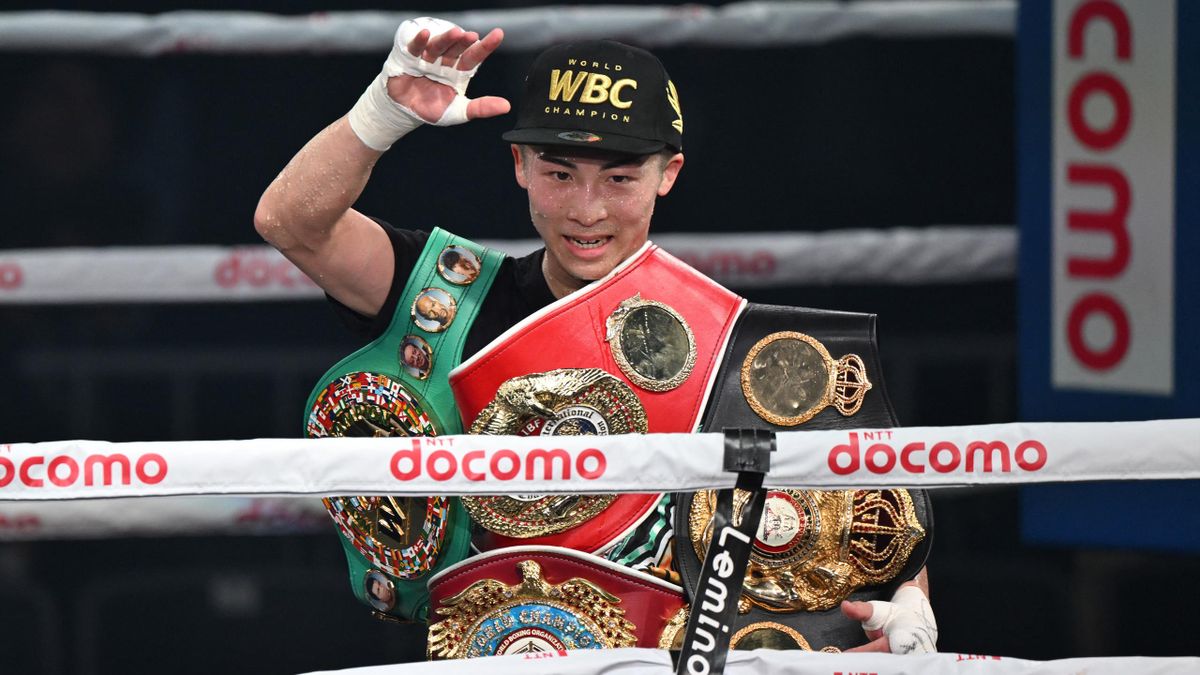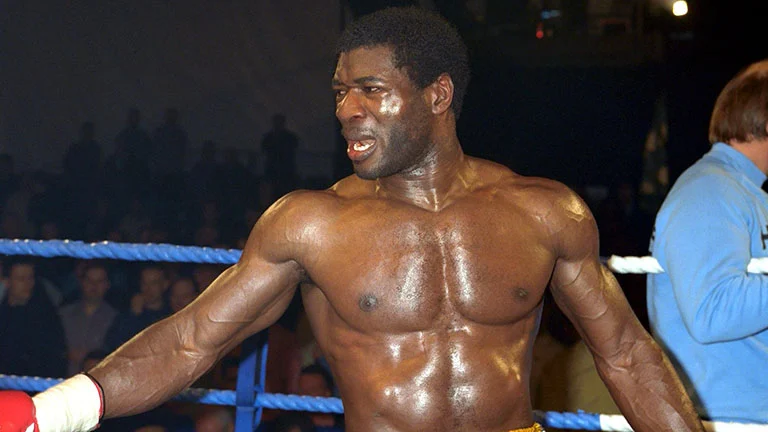CARL THOMPSON ON THE LESSONS HE TAUGHTDAVID HAYE AND US ALL
September is typically a month of learning and fresh starts. It is, for some, the start of school term and it is, for all of England, the start of autumn; new leaves, long coats, longer faces.
On a September night some 20 years ago, Carl Thompson, very much in the autumn of his boxing career, had lessons of his own to teach. He taught David Haye, his opponent that night, a lesson – something to do with the perils of looking too far ahead – and he taught the rest of us a lesson in the dangers of falling for the hype a little too soon.
The lesson, it’s true, was a lesson unexpected; the teacher an unlikely one. But only time reveals this. Only time reveals that teachers and indeed heroes are not the men with the biggest muscles and mouths but are instead the ones who persevere, endure; the ones who do not covet attention, much less fame. This Thompson, 41, would teach not just Haye, a man 18 years his junior, but all of us watching at Wembley Arena, naively of the belief that youth is everything and that boxing does not do autumns.
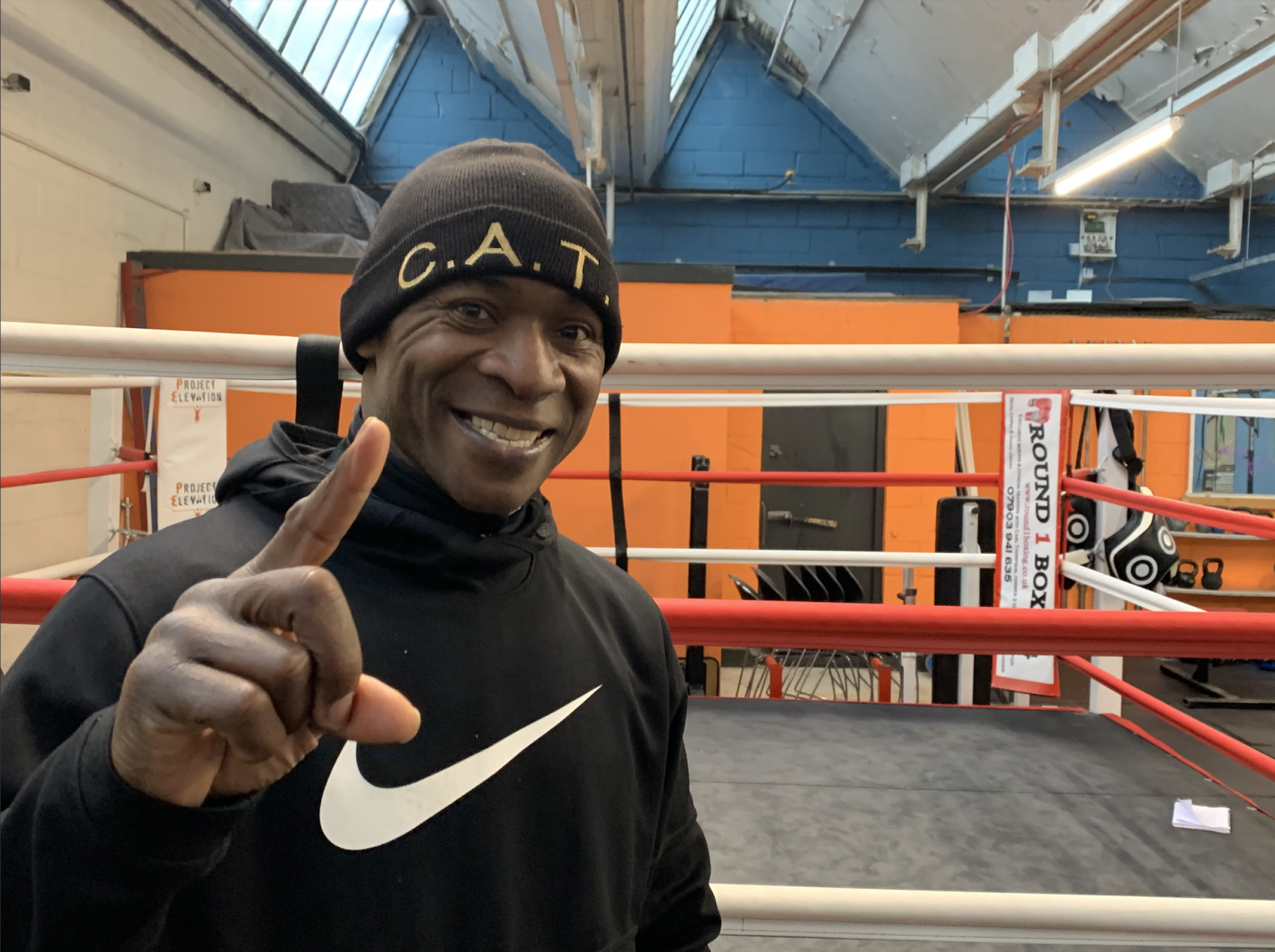
“David Haye at the time was up and coming and the future of cruiserweight boxing,” Thompson reminds me 20 years after the fact. “He was knocking everyone out. I had people telling me, ‘Don’t fight David Haye, he could hurt you.’ I think even my family didn’t want to come.
“But I knew what I was made of and what kind of person I am. I knew I could take this fight because I believed I could beat him. But, of course, it was obviously going to be a tough fight for me. I think he had 10 fights at the time and had ended them all by knockout.”
Both the upside and downside of winning 10 fights in a row, all by stoppage, is that the architect of this impressive run believes every opponent henceforth represents no more than an addition to a growing list. This, in turn, tends to bring a certain amount of confidence, a point of envy for all those without, but also leaves the architect susceptible to reality: that is, realising that no two opponents are the same and that everybody’s reaction to a punch is decidedly different.
“I took the fight and he laid into me for the first two or three rounds,” recalls Thompson, now 62. “The first two or three rounds he was the boss, wasn’t he? But unfortunately for him he didn’t look into how I fight and what kind of fights I had won. He didn’t know what kind of person I am. He didn’t know I could come from behind and win a fight. I don’t think they were banking on that because he tried taking me out early without thinking about what would happen if he didn’t take me out. I was always going to be dangerous later in the fight, though. I did it with Terry Dunstan, Sebastian Rothmann, Akim Tafer, Massimiliano Duran. In the majority of my fights, I would find myself behind but then come back and show I have the ability to still win.”
Oddly enough, Haye was not without source material. In fact, not only were his parents big fans of Carl Thompson in the nineties, but he was also ringside, working for the BBC, when Thompson rallied from the brink of defeat to stop Sebastian Rothmann in February 2004. That fight came just seven months prior to Haye himself sharing a ring with Thompson and the course it took – not so much how it ended – was the very thing that encouraged Haye to pursue Thompson as opponent number 11. Indeed, it was in so many ways the ideal turn of events. Thompson had won the fight, yes, taking with him the IBO cruiserweight belt, but had, in the process, received a great deal of punishment and, moreover, again been outboxed by a sharper, quicker opponent for most of the rounds he spent in Rothmann’s company. It seemed, on the face of it, an easy fight; an opportunity too good to turn down.
Yet, seven months later, I found myself recalling the shock in Rothmann’s eyes as I watched Thompson become somehow energized by the beating Haye had put on him through the first three rounds. I also recalled listening to the two of them, Rothmann and Thompson, make peace afterwards in a changing room, where Rothmann apologised for showboating during the fight. “Maybe I need to stop doing all that stuff,” said Rothmann, ruefully. “I usually just do it to motivate myself, you know?” To which Thompson, Bolton’s Columbo, replied: “Exactly! I knew why you were doing it. I knew you were only doing it because you felt tired or because you were hurt. That’s why it just made me come on stronger. I loved watching you do that.”
I then remembered the words Haye had said to me outside that changing room before going home. “He’s next,” he said, and he was. “I’m going to finish him.” Only he didn’t.
“Yeah, he caught me with some decent shots and they hurt, but I still had it in my mind: I’m going to win this fight,” says Thompson today. “It didn’t matter that I was falling behind. My intention at the end of the day was to win the fight.
“I always believed I could beat David because he had never fought anyone like me. I thought he would get a rude awakening and soon realise how hard it was in there. And he did. He ran out of puff. I was, by some miracle, able to take his punches and that was his downfall. He just didn’t know what to do after that.”
By round four Haye had indeed run out of “puff”, so much so that punches became prods and pouting became an attempt to save face rather than peacock, as was the case pre-fight. Now, even when he stumbled forward with ersatz intent, there was a resigned look on his face, an acceptance of his fate. He was lurching towards defeat, in other words, and only the spirited way in which he made the trip was considered an encouraging sign on the way home. Everything else had collapsed around him. He said it felt like he had been hit by an axe.
“There was no clue that he was out of it,” says Thompson. “I just kept on going after him basically. In the fifth round I could tell he wasn’t attacking me as much as before and that might have been a sign. He wasn’t getting his way at that point.
“But everything started to change in the fourth round, I suppose. That was when I knocked him down and you could tell he was getting tired or something wasn’t right. I was able to then keep the pressure on and drain him really.”
To hear Thompson describe his method is much like being guided through the completed work of an electrician or plumber having all morning listened to them make noise in a separate room. He details the operation and the lesson in a language only those who have sat and passed the same tests can ever hope to understand.
“You get those bogeymen and I could have been his,” he says with a shrug. “I didn’t shy away; I was never scared. Nothing’s going to put me off or stop me unless you can keep me down. I wasn’t a great or exceptional fighter, but one thing I know I had was heart and that I could punch. So, there was no way anybody was going to take that away from me. I hate getting outboxed so I feel that I need to use pressure to stop them outboxing me. Before they know it, they’re working so hard to get rid of me that their energy has been sapped. I’m just constantly in an opponent’s face and catching them. They’re then getting caught more often than they would like. For my tactics to work I have to be in their face. I can’t allow them to box me and keep in their own rhythm. Even when I get caught, that’s the key pattern. Stick with it. Sap their energy.”
In some respects, the lesson ended in round five. Then again, maybe you can argue that was in fact when it started, the lesson. For Haye, the lesson had certainly been felt during those five rounds but it was of course still to be put to good use in his own career. That would come later when, dusted down and with his wounds healed, he returned to the ring and won his next 15 fights, procuring the WBC, WBA and WBO cruiserweight titles along the way. It was during this run, too, that he demonstrated Thompson-like perseverance more than once; most notably when dropped in round four by Jean-Marc Mormeck in 2007.
“I still thought it could happen for him,” Thompson says of Haye. “So many times people put me down and he was only 23. He had all the time in the world. It was just a minor hiccup. He underestimated me and his team underestimated me. But at 23 you can’t just say someone’s career is over because he got beaten by one man. It’s only idiots who say that.”
Haye, rather than taste revenge, had to settle instead for using Carl Thompson as an example; a template to follow. He had to accept, as all of us do, that sometimes, if unable to exact revenge on someone, the next best thing – to some extent, the better thing – is to learn from all they have taught us and succeed in spite of them.
“They didn’t want the rematch,” says Thompson. “I offered a rematch to him and I was told they made some excuse. He didn’t really want it, that’s the truth. I think their team came to me and I said, ‘Yeah, I’ll gladly do it,’ but he just didn’t want it. I think I read somewhere down the line that I was asking for too much money, but I wasn’t asking for too much money. What I was asking for wasn’t a lot. They just didn’t want the fight.”
Regardless of whether Haye did or did not want the rematch, thoughts of Thompson never left his mind. He remembered the botched strategy, he remembered the training camp in Bournemouth, and he remembered the after-party planned but unattended. He also remembered the punches thrown, too many of them, and the punches taken, too many of them. He remembered most of all how it felt to hit something and for that something – in this case, Carl Thompson – to stagger but stay upright. “At least I made him approach fights differently,” says Thompson. “I hope I made him take the sport more seriously. I think I did.”
As for his own lessons, Thompson says he learned a few over the years. He even learned one or two from Haye, he says, this man whose verbosity had Thompson overwhelmed at the pre-fight press conference and then eventually made the Londoner a fortune.
“He was a showman,” says Thompson. “He knew he had to put on a show for the people and he had a bit of charisma. I had charisma as well, but I didn’t like to show it because I didn’t like to have egg on my face. I didn’t ever like to say something and then see it not actually happen. I was always scared of that. He wasn’t scared, though. That was the difference. People said I was quiet, but I wasn’t quiet. I just wasn’t confident enough to start shouting my mouth off, to tell the truth.
“I didn’t make a lot of money from boxing, unfortunately. If I have a regret, it’s that. If I could start all over again, I would start opening my mouth and sell myself and say more. I would talk rubbish like all these other guys talk rubbish to hype up the fight. If that’s what people want, if they want to be entertained like that, I would give them more of the garbage trash-talking they want.”
And yet, having spent 20 years listening to boxers talk and talk and often say nothing, I can look back at that fight on September 10, 2004, and say with a degree of certainty that I learned more from Carl Thompson in five rounds of punching – not a single word spoken – than I have during all the time I have spent listening to the same words said in different accents. He just kept going, you see. He kept fighting. He kept believing. He kept hoping.
And that, in the end, is a language we each come to understand. A lesson life teaches us all.


